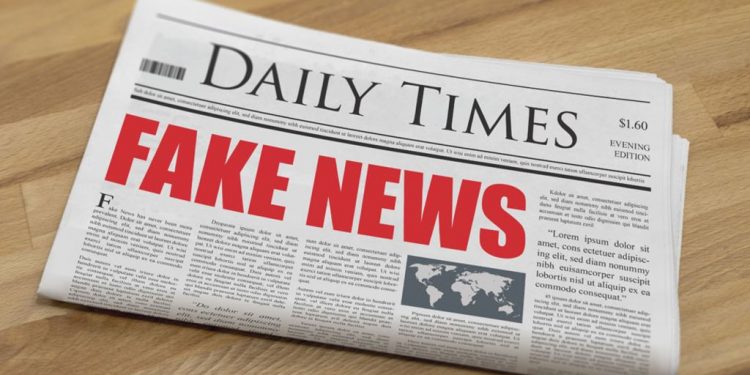As election fever rises, the dissemination of fake and biased news is becoming a major factor that could affect electoral outcomes around the country. The government has tried to put its foot down and curb such activities. Prominent platforms like Facebook and Twitter, have assured that they will work towards ensuring free and fair elections. However, it may be interesting to note that, whether in India or in the US and whether Modi or Trump, the present lot sitting on the throne of power in both these countries managed to clamber up to the top by using this very method of biased news in the last elections.
In this context, some social media platforms have submitted a ‘Voluntary Code of Ethics for the General Elections 2019’. The code includes a provision that the Election Commission of India can enact a notification in case there is a violation of Section 126 of the Representation of the People Act, 1951, on any of these platforms. It means none of these social networking sites can display any election content in the 48 hours leading up to the conclusion of elections in a constituency. This is definitely a ridiculous expectation from the EC and the sites promising to abide by it also seem to be paying lip service to the issue.
While stress is being laid on the printed word and how it should remain neutral, the absence of similar pressure on television seems to be missing. Indian TV channels seem to have been born to specifically favour this or that political outfit. In the process, most of them are being perceived as noisy squabbling mouthpieces for certain personalities instead of trying to be seen as pro-India and neutral. Pro-India does not mean baying for an imaginary enemy’s blood and propagating war.
In the absence of punitive action against broadcast or webcast of such news, reportage on the forthcoming elections may become so vitiated that it will increasingly become difficult to discern truth from falsehood or fact from fiction. The ruling party at Centre, the BJP, is one of the biggest investors in social media campaigns and has created a virtual social media army. The Congress too has not allowed itself to lag behind. It, too, is equally virulent on social media. By one estimate, there are supposedly a minimum of 87,000 groups on WhatsApp that are actively targeting voters. With end-to-end encryption restricting access to messages on the platform by authorities, there is the persistent dilemma of whether state agencies should be given access to the platform, undermining the privacy of users. India is reported to have more than 20 crore Monthly Active Users (MAUs) of WhatsApp. It cannot be denied that if even a small segment of such users are well connected, they can spread fake or biased news, with impunity, to a sizeable segment of the population and possibly be able to swing some votes in favour of one party or the other. The BJP has already taken strongly to advertising over social media. Facebook remains the favourite of parties and one page favouring the BJP, Bharat Ke Mann Ki Baat, was reported to have spent Rs2.07 crore on 3,655 ad runs on Facebook till March 16 from its launch in February. A study also showed that BJP, pro-BJP pages and the central government spent Rs 3.8 crore from out of Rs 6.5 crore expenditure incurred by all parties on political advertisements on Facebook. This amounted to about 58 per cent of the total advertisement revenue that Facebook had made public. It may be noted that these could be official figures whereas the cash component could be much higher.
The fact that political parties have increased their spend on social media campaigns is indicative of the fact that they are seeing good returns from the investment. It must not be forgotten that Facebook remains embroiled in a case for providing access to data of over 87 million users without their consent to British political consulting firm Cambridge Analytica. Such instances give all the more reason for the electorate to be worried about the intentions of social media platforms such as Facebook.
The control truly lies with users who will have to exercise discretion and see to it that such content does not spread. Curbing of falsehood is in the hands of the people at large.






































